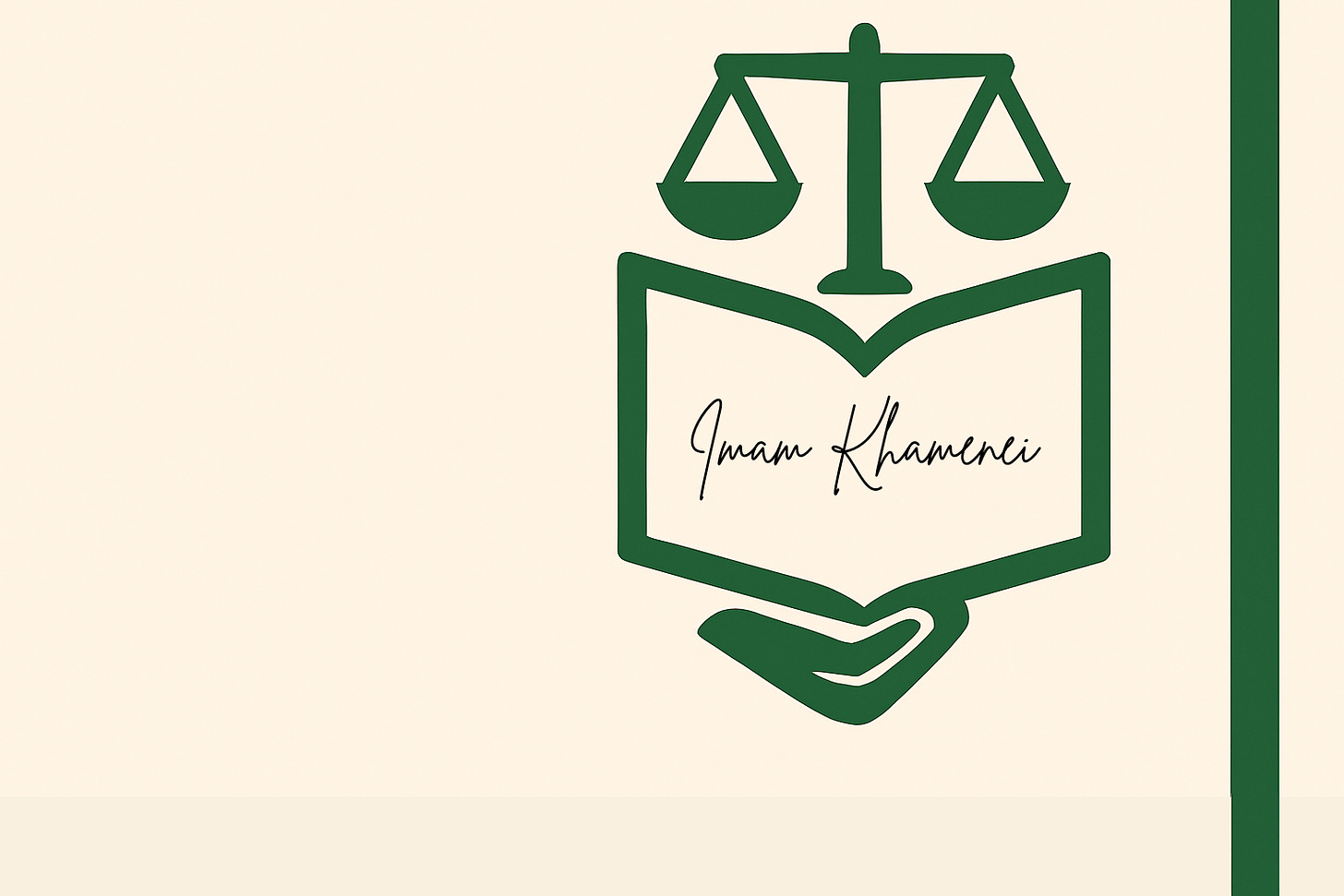Enjoining the Good and Forbidding Evil: Must Employees Forbid Wrongdoing by Superiors Despite Fear of Harm?
Practical Laws of Islam as per the teachings of Imam Khamenei
Enjoining the Good and Forbidding Evil: Must Employees Forbid Wrongdoing by Superiors Despite Fear of Harm?
English:
Question #1075:
What is the duty of employees in official departments and institutions when they occasionally observe certain organizational and religious misconduct perpetrated by their high-ranking managers? Will the obligation be called off if the individual fears that his forbidding evil may provoke high-ranking authority or authorities to harm him?
Answer #1075:
If all conditions of enjoining the good and forbidding evil are present, they should enjoin the good and forbid evil. Otherwise, they have no obligation in this respect. This is the case when they fear considerable harm for themselves as a result of enjoining the good and forbidding evil and the country is not governed by an Islamic government. When there is an Islamic government that takes up the fulfilment of these divine duties, the obligation of those who are incapable of enjoining the good and forbidding evil is to inform official institutions assigned by the government to handle such a case and follow it up until corruption is uprooted.


